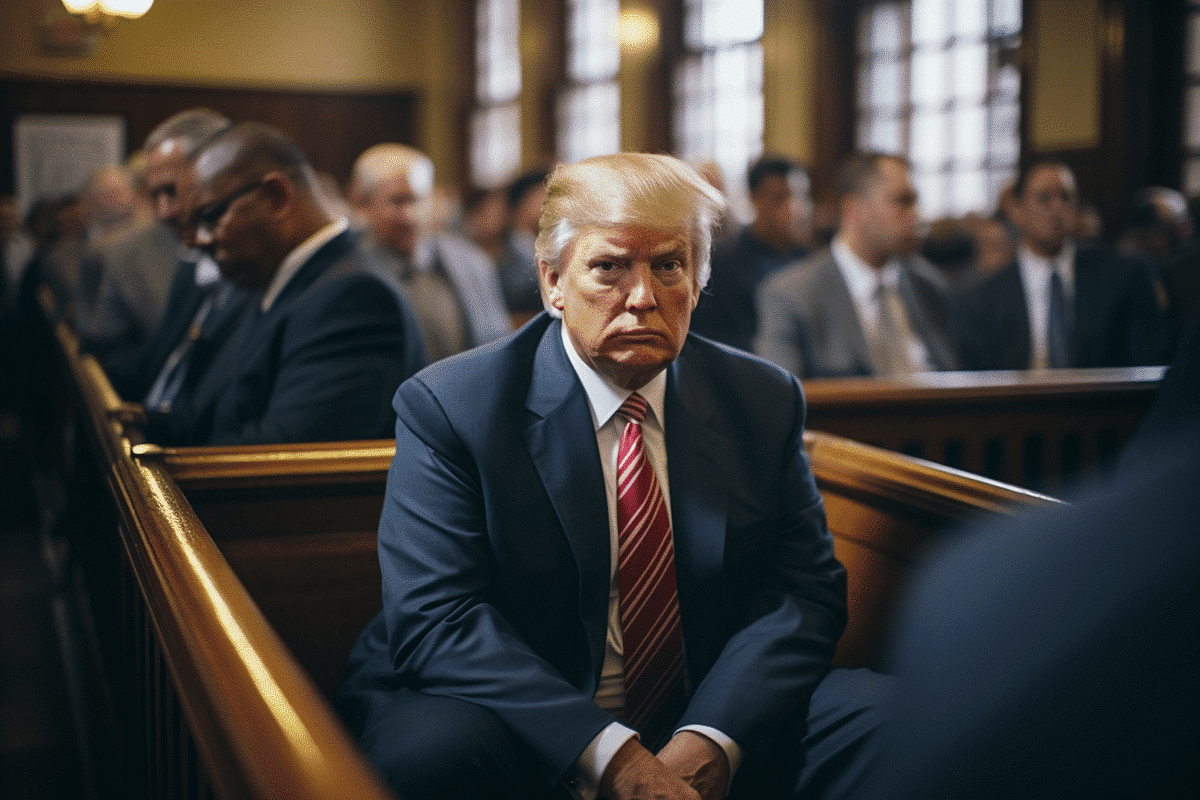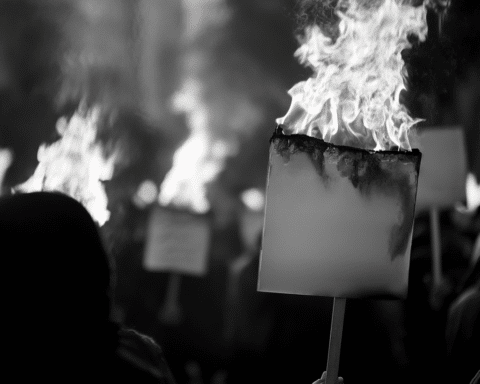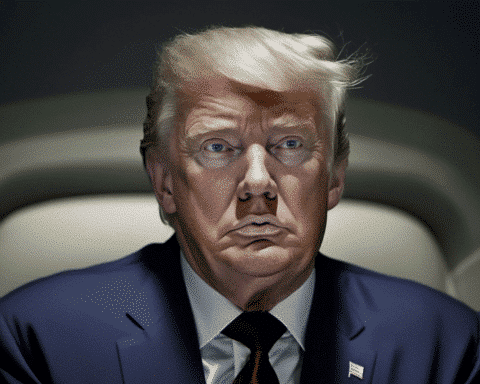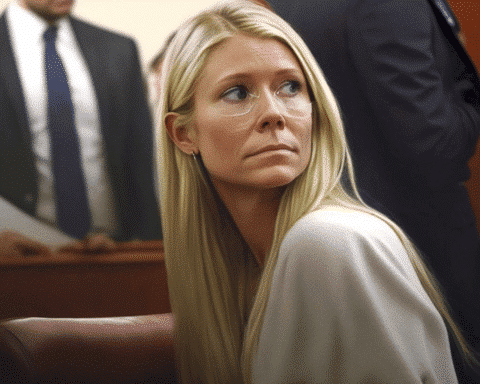The highly anticipated climax of Donald Trump’s New York hush money trial is upon us, as the case enters its final phase after more than a month of riveting testimony and legal drama. With closing arguments set to commence, followed by jury instructions and the looming possibility of a verdict, this week marks a pivotal moment in one of the most closely watched trials in recent memory.
After weeks of testimony from nearly two dozen witnesses, including pivotal figures like porn actor Stormy Daniels and Trump’s former lawyer Michael Cohen, the stage is now set for the prosecution and defense to make their final pitches to the jury. The closing arguments, expected to span a significant portion of Tuesday, will serve as a recap of the key points each side wants to imprint on the jurors’ minds before they retire for deliberations.
Prosecutors are likely to emphasize the credibility of witnesses and the validity of financial records presented during the trial. They may highlight Daniels’ and Cohen’s testimonies implicating Trump in the alleged hush money scheme, which aimed to conceal payments made to Daniels during the 2016 presidential campaign. On the other hand, the defense, having called only two witnesses and not Trump himself, will seek to cast doubt on the prosecution’s case. They may challenge the credibility of witnesses and attempt to distance Trump from the mechanics of the payments to Cohen.
Judge Juan M. Merchan will play a crucial role in guiding the jury as they enter deliberations. He is expected to spend about an hour instructing the jury on the relevant laws governing the case, clarifying what they can and cannot consider when assessing Trump’s guilt or innocence. Last week, there was debate over the specific instructions, with the defense seeking to highlight the legality of hush money payments and the prosecution pushing for broader interpretations related to campaign finance laws.
Once the jury begins deliberations, the process will be shrouded in secrecy, taking place behind closed doors in a room reserved exclusively for jurors. While there is no set timeframe for deliberations, the complexity of the 34 counts of falsifying business records means the process could extend for days or even longer. To reach a verdict, all 12 jurors must agree, a task that could prove challenging given the gravity of the case.
Should the jury fail to reach a unanimous decision after an extended period of deliberations, the judge may intervene, urging them to continue their efforts or face the possibility of a mistrial. A mistrial could be declared if the jury remains deadlocked, unable to reach a consensus despite repeated attempts.
As the trial enters its final stretch, the eyes of the nation are fixed on the outcome, which carries significant implications for both Trump and the broader political landscape. While the verdict remains uncertain, one thing is clear: the conclusion of this landmark trial will reverberate far beyond the confines of the courtroom, shaping the trajectory of American politics for years to come.




